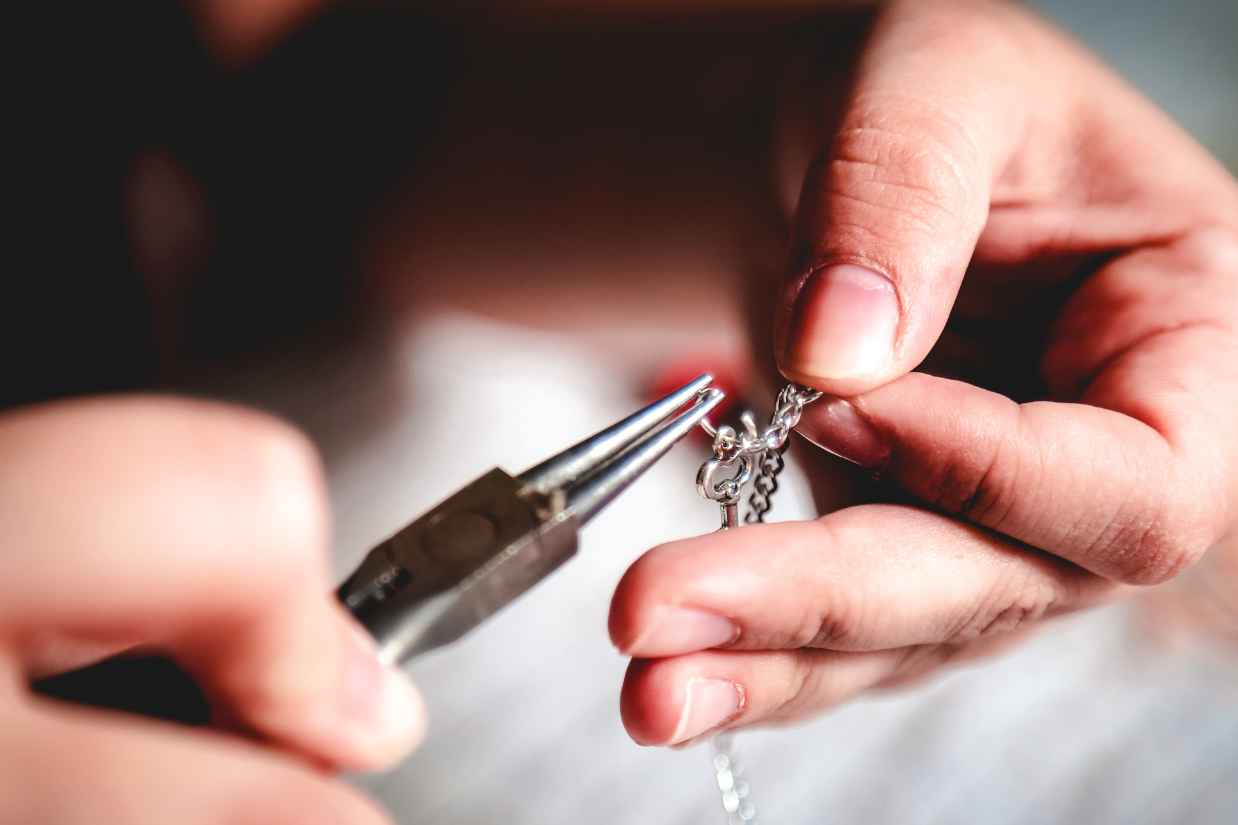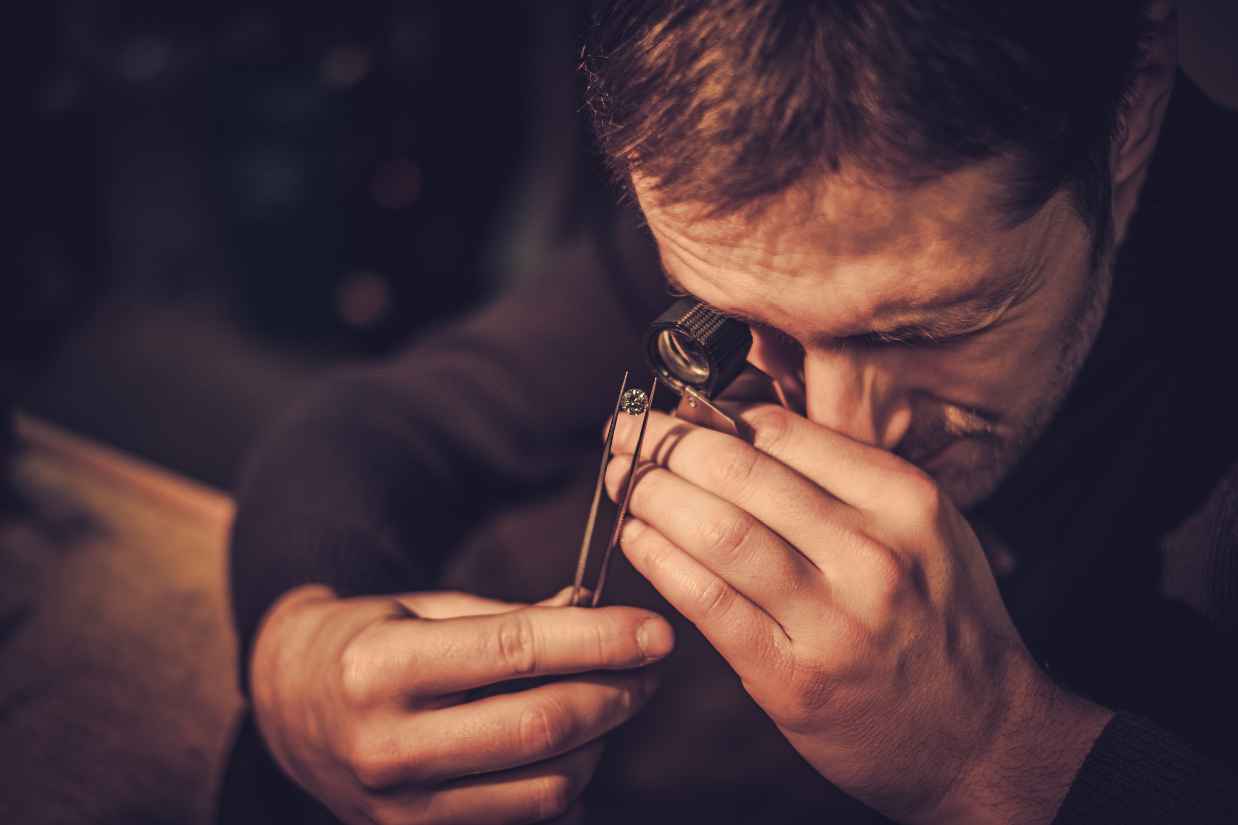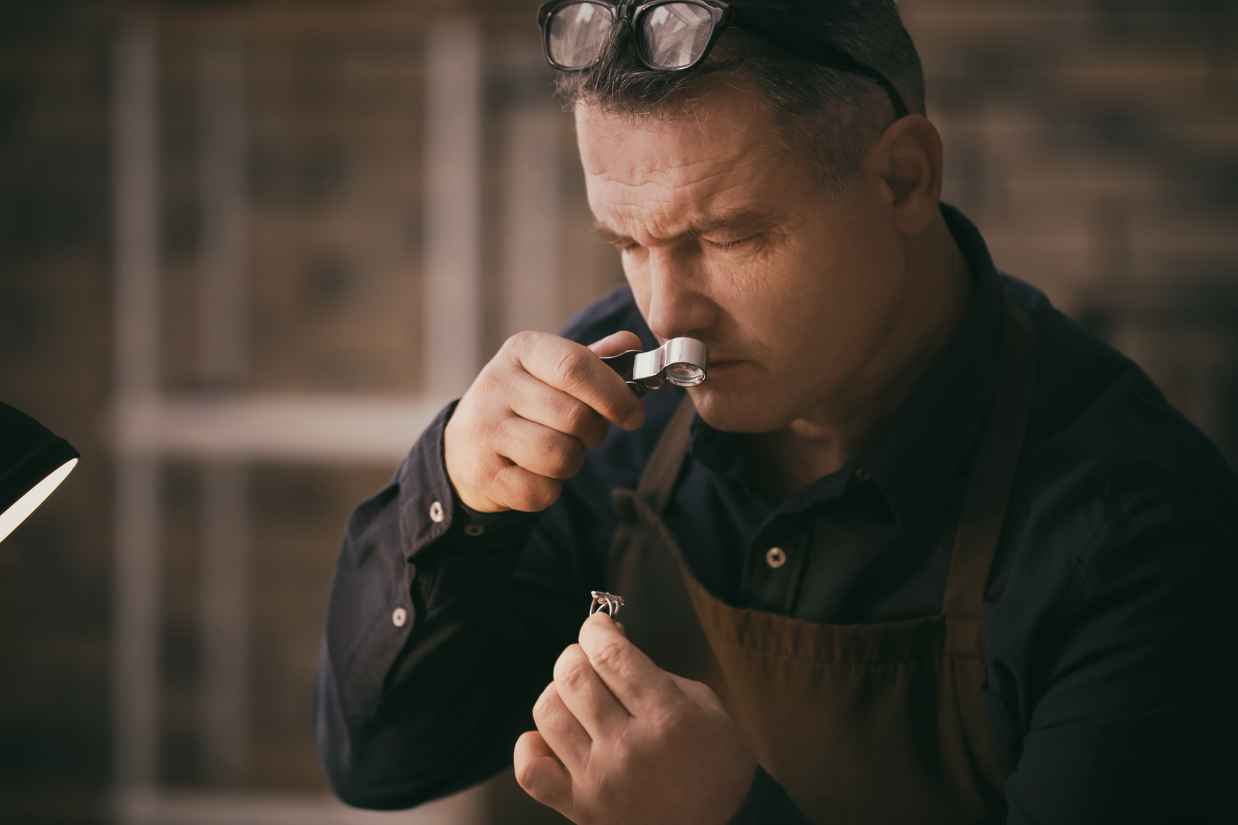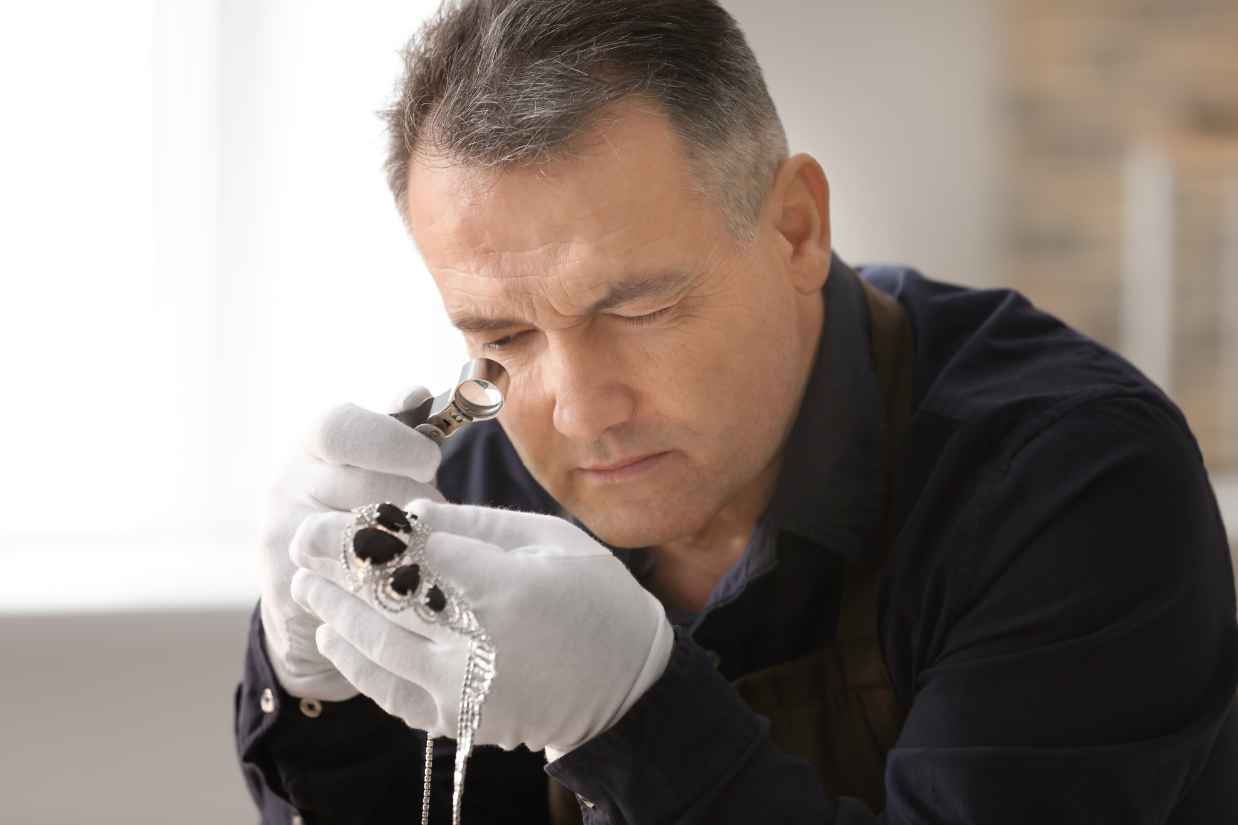There are many reasons why you should consider jewelry appraisals. Having a clear grasp of how much your jewelry is worth can be useful financially and legally.
The various aspects of an appraisal of your jewelry will be discussed in this article. We will also go through the reasons why it's essential, the several kinds that are available, and how to choose a qualified appraiser.

A jewelry appraisal is a professional assessment of a piece's worth. This is carried out by an appraiser who is familiar with how pieces are valued. An evaluation goes through the jewelry market value, quality, and authenticity. Along with the item's replacement value, the assessment record from a professional evaluation has thorough descriptions of the jewelry. These valuations include the weight, materials, and any gemstone characteristics.
An appraisal is how to value jewelry or know the possible price of your pieces. Below are the reasons you need to know the value of your pieces:
There are many ways on where to get a ring appraised or your jewelry. Below are the available options for you:
This appraisal is often required for insurance purposes, providing an estimate of the cost of replacing a piece of jewelry with a brand-new one. It takes into account factors like current prices for materials and craftsmanship. Since it reflects the cost of replacing an item, the value tends to be higher than what you'd get through a sale. To keep coverage accurate, it’s a good idea to update this appraisal every few years.
This type of appraisal determines how much your jewelry would sell for in its current condition, often used when selling an item or donating it to charity. The appraisal considers similar pieces on the market, focusing on resale value rather than the cost of a new replacement. The value is usually lower compared to a replacement appraisal.
This appraisal is used when a quick sale is necessary, such as in situations like an estate sale or divorce. The value is often much lower than other appraisal types because the goal is to sell the item rapidly, and the appraisal reflects that urgency.

Understanding the distinction between jewelry appraisal and grading can help you know your needed services. Here’s how these two processes differ:

Now that you know what it means to appraise your jewelry, we now cover the method of doing so. Below are the steps on how to appraise jewelry.

After knowing how to get appraisal on jewelry, it is time to pick the right people to do the valuation. Below are factors for finding a proper appraiser for your pieces.
Several factors, including the appraiser's credentials and the type of jewelry, can affect the cost of having jewelry valued. Appraisers charge either a flat fee per item, which might run from $50 to $75, or an hourly rate, usually between $50 and $150 per hour, appraisers Though this practice is less frequent since it can create a conflict of interest, some appraisers may also set their fees depending on the value of the jewelry.
Always Ask about the upfront fee structure and verify whether extra expenses are justified. These extra fees include travel expenses and thorough gemstone testing.

The frequency with which you should get your jewelry appraised largely depends on the purpose. If it is for insurance, it is generally recommended to have your jewelry appraised every two to five years. Doing so ensures your policy coverage is meeting your pieces’ current market value.
you have made major changes to a piece, such as resizing a ring or changing a setting, also take into account getting an updated appraisal since these changes will affect the value of the object. Regular evaluations keep you updated about the present value of your investment in addition to helping to preserve appropriate insurance coverage.
Anyone who owns valuable jewelry must have a clear knowledge of its value for insurance, resale, and legal needs. A jewelry appraisal is needed to get an accurate price range of your pieces. Frequent reviews guarantee that your knowledge and coverage stay current with changes in the market and personal situation.
For resale, legal affairs, insurance, or other uses, jewelry appraisals offer certified documentation proving the value of your jewelry. You might be under insured or get less than the value of your jewelry in a sale without an appraisal. For long-term asset management, regular appraisals are also quite helpful in tracking the increase of your investments over time.
The complexity of the piece and the appraiser's calendar will determine how long a jewelry appraisal takes. A basic assessment usually takes anywhere from thirty minutes to several hours per item. But if your jewelry features several or especially unusual gemstones or requires thorough background research, the process could last several days. To get an estimated schedule, first speak with your appraiser.
Generally speaking, leaving your jewelry with an appraiser is safe, especially if they are reputable and certified. Most professional appraisers have safe facilities to guard your goods while under custody. Still, it's smart to learn about their insurance policies and security practices. If you want more peace of mind, think about asking for a written agreement or receipt detailing the terms of the assessment. The receipt should include the expected return of your jewelry.
Knowing how to insure jewelry lets you provide protection to your valuables in case of thievery or lost. Read our insurance guidelines for details!
Read MoreKnowing how to wear engagement ring and wedding band lets you showcase your own style or cultural tradition. Read our ring and band guide for details!
Read MoreExplore the differences in durability, cost, and use between sterling silver vs silver to make informed choices in jewelry and silverware with our guide!
Read MoreLearn how to make a wooden ring with this beginner-friendly guide. Discover essential tools and materials, plus tips for crafting your own unique wooden ring.
Read More